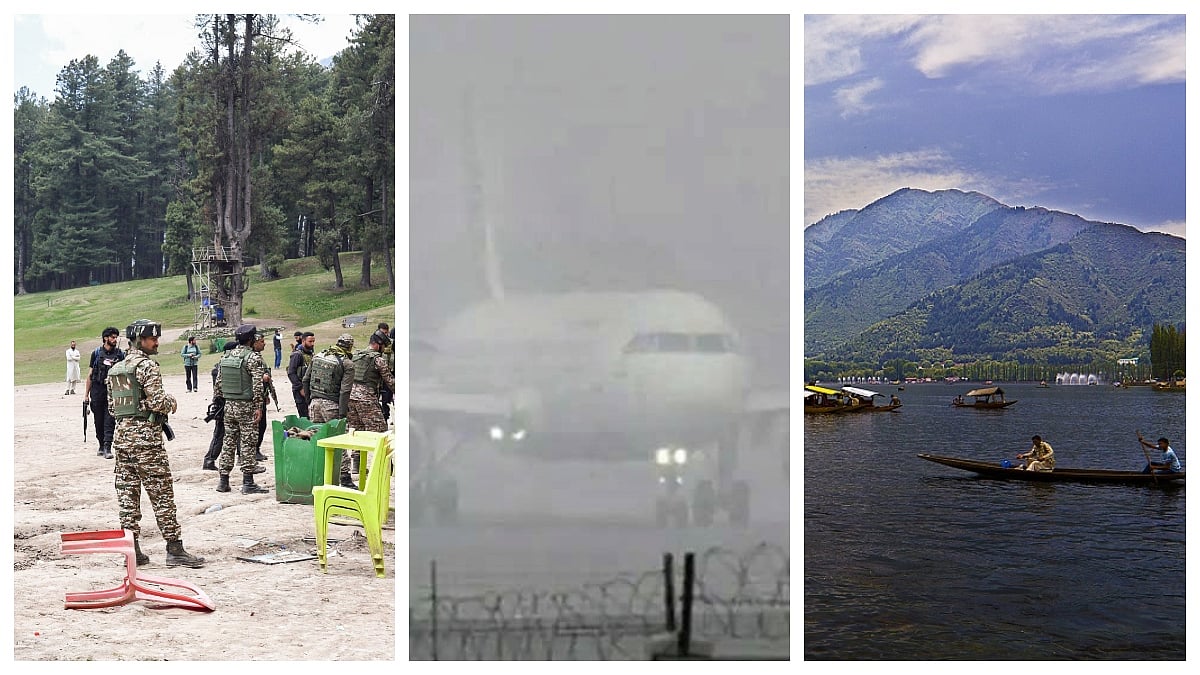New Delhi: Tourism in Kashmir has been severely impacted by the recent terror attack in Pahalgam, with 60 per cent of travellers cancelling or rescheduling their trips. The April 22 attack, which claimed 26 lives—mostly tourists—has sent shockwaves through the industry. The Resistance Front (TRF), a Pakistan-linked terror outfit, has reportedly taken responsibility for the strike.
According to a new survey conducted by LocalCircles, over 21,000 people from 361 districts participated, of which 6,807 had travel plans to Kashmir. Among them, 62 per cent confirmed cancellations, while only 38 per cent still plan to proceed with their visits. Approximately 15,000 flight tickets to Srinagar have already been either cancelled or rescheduled.
Long-Term Tourism Prospects Uncertain
The survey also indicates that the damage could extend well beyond the immediate season. Only 29 per cent of respondents said they were definitely planning a Kashmir visit within the next three years. Another 33 per cent stated their decision would depend on how effectively the government handles the safety situation, while 21 per cent completely ruled out any future trips to the region.
This poses a significant threat to the upcoming Amarnath Yatra, scheduled for June, a critical event for local tourism. Tour operators fear that if the current atmosphere of fear persists, it could have long-lasting economic repercussions.
Industry Appeals for Government Support
Tour operators across the valley are now urging both central and state governments to step up their efforts. They are calling for increased security, visible enforcement, and public reassurance campaigns to help restore tourist confidence.
“Tourism thrives on trust—and right now, that trust needs to be rebuilt from the ground up,” said one Srinagar-based operator. Stakeholders believe that unless decisive steps are taken soon, Kashmir’s reputation as a travel destination could suffer long-term damage.
Government Responds with Diplomatic Crackdown
In response to the attack, the central government has taken strong measures against Pakistan. These include the reduction of diplomatic staff, closure of the Attari-Wagah border, suspension of visas for Pakistani nationals, and even the freezing of the Indus Waters Treaty. While these actions signal a firm stance on security, it remains to be seen how quickly they can help rebuild domestic and international tourist confidence in the region.
